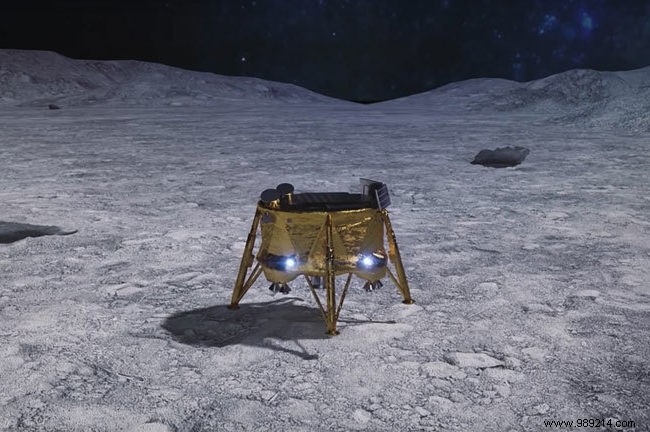Could the next pandemic stem from space? It sounds improbable, but leading researchers from McGill University, the University of Adelaide, and beyond argue that extraterrestrial viral contamination is a low-probability but non-zero threat.
A November 17, 2021, study in BioScience highlights this possibility. Authors Anthony Ricciardi (McGill University, Canada), Phillip Cassey (University of Adelaide, Australia), Stefan Leuko (German Aerospace Center's Institute of Aerospace Medicine), and Andrew P. Woolnough (University of Melbourne, Australia) emphasize that it's impossible to claim zero risk, especially as space missions expand.
This flips the script on current priorities: NASA, ESA, and others focus on preventing human contamination of other worlds, like Mars. Yet, fungi have thrived in NASA's sterile cleanrooms, and bacteria endured three years exposed on the International Space Station (ISS).
In 2019, the Israeli Beresheet probe's crash-landing introduced Earth life to the Moon—tardigrades, renowned for surviving extreme conditions.

The odds of importing viruses from the Moon, Jupiter, or elsewhere remain very low. To date, no confirmed extraterrestrial life has been found. Still, microbes carried by astronauts could evolve during missions, researchers caution. Biologist Anthony Ricciardi urges updating protocols, as current safeguards fall short for humanity's Solar System ambitions.
Though he deems it "highly unlikely," Ricciardi insists ignoring it is unacceptable. Solutions include developing advanced detection and eradication strategies for potential pathogens, informed by studies on invasive species management.